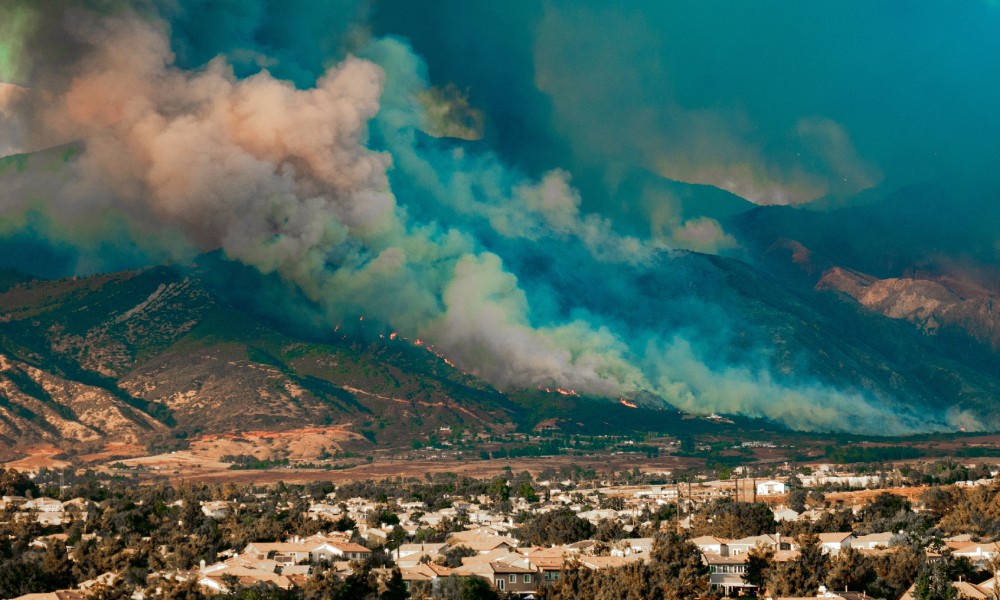Wildfires have become a common occurrence in many parts of the world, particularly in the United States. These fires are increasing in frequency and intensity, leaving devastating impacts in their wake. They affect air quality across the entire US and pose severe health risks far beyond the immediate fire zones. It’s crucial for everyone to understand the far-reaching and dire consequences of frequent wildfires, including how to do your part to prevent them.
Burning Through the Economy
The economic consequences of wildfires are staggering, affecting local communities and national economies. When wildfires rage, they destroy homes, infrastructure, and livelihoods, leaving people with the overwhelming task of rebuilding.
The cost of firefighting alone runs into billions each year, putting a strain on resources and affecting other community services. Recovery efforts add another layer of financial burden, as communities try to piece together what was lost.
Health Hazards Lurking in the Smoke
Wildfires pose significant health risks, with both short-term and long-term implications. The smoke from wildfires contains harmful particles that can cause respiratory issues, exacerbating conditions like asthma and bronchitis.
Wildfires impact air quality across the entire US and even affect millions who are far removed from the flames. The long-term exposure to such poor air quality can have severe consequences for public health, necessitating urgent action and awareness.
Scarred Ecosystems and Lost Species
The environmental impact of wildfires devastates flora and fauna, disrupting entire ecosystems. Countless species lose their habitats, which leads to a decline in biodiversity that can take years, if not decades, to recover.
Wildfires also contribute to climate change by releasing stored carbon dioxide into the atmosphere, exacerbating global warming. The cycle of destruction and emission creates a challenging scenario for those striving to protect our planet’s delicate ecosystems.
Building Resilient Communities
Communities must become resilient to withstand the challenges posed by wildfires through proactive engagement and planning. Education and preparedness are key in mitigating the impacts, as informed citizens can take steps to protect themselves and their surroundings.
Additionally, understanding how you can prevent wildfires from occurring is life-changing. Simple actions like clearing debris and responsibly managing campfires can make a world of difference.
The dire consequences of frequent wildfires extend across economic, health, and environmental realms, demanding immediate attention and action. With these fires affecting air quality across the nation, the urgency grows more evident every day. Communities and individuals must come together to address this pressing issue and work collectively to safeguard our future.


